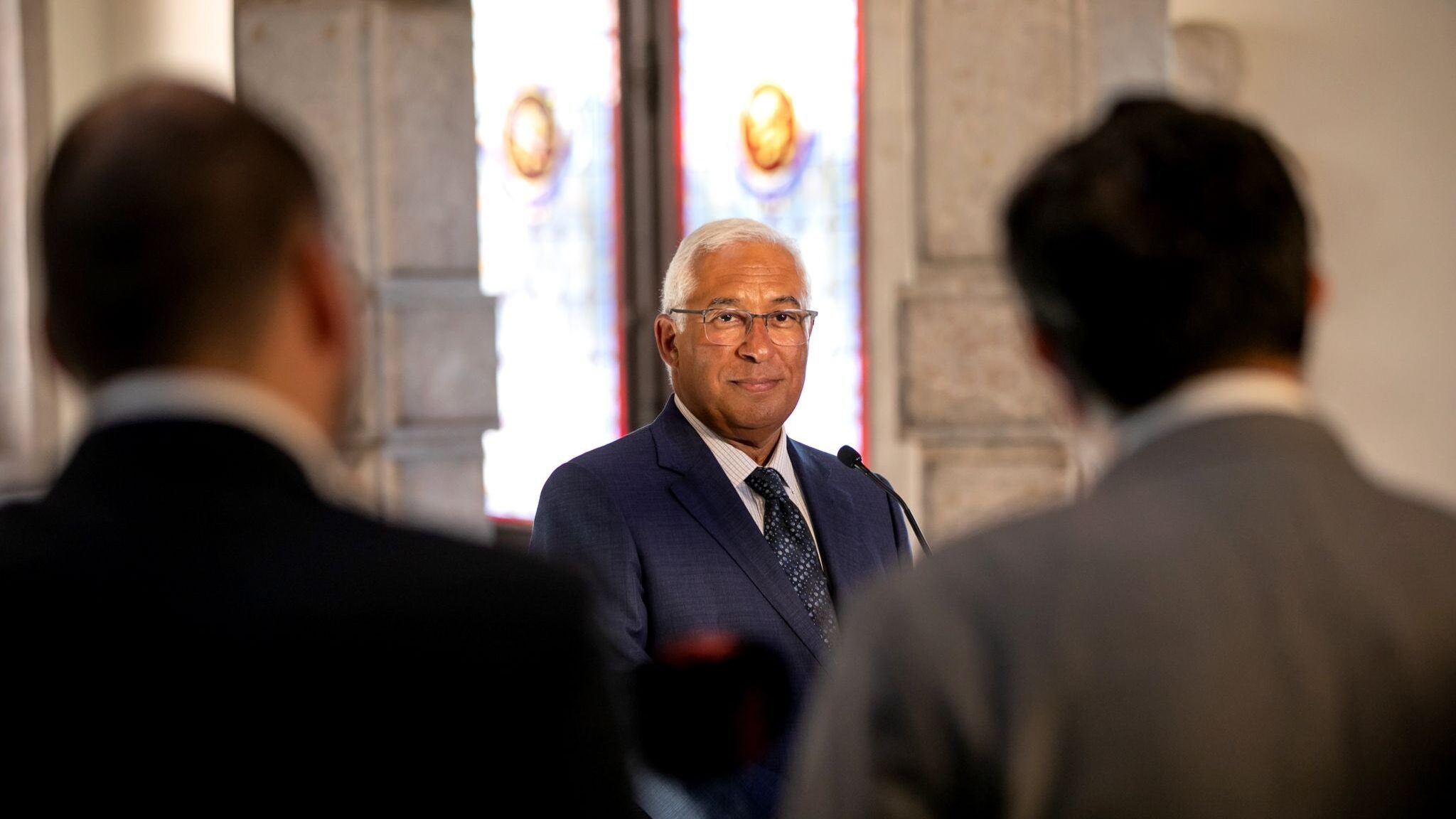PM promises economic growth above EU average until 2026
According to the prime minister, the main objective of his government is to "guarantee that every year the country will be growing above the European Union average."
Portugal’s prime minister said on Wednesday that the draft state budget for 2023 is the first of four budget proposals for “stability” and “commitment”, aiming for convergence with the European Union by the end of the parliamentary term.
“This budget proposal is much more than the budget proposal for next year. It is the first of four budgets that, throughout 2023, 2024, 2025 and 2026, will implement the strategic vision and goals we set out to achieve,” said António Costa in his speech opening the parliamentary debate on the draft state budget for 2023.
According to the prime minister, the main objective of his government is to “guarantee that every year the country will be growing above the European Union average, getting closer every year to the most developed countries in Europe”.
Before the MPs, the leader of the executive argued that he has already shown “that it is possible to make budgetary responsibility compatible with growth and with more social justice, while responding to the demands of the present, whether they be a pandemic or the effects of a war in the European continent”.
“In this budget, and the next three budgets until 2026, it will be no different. In the face of external instability, we present the country with a horizon of stability, confidence and commitment,” he advocated.
In the final part of his speech, António Costa considered that the proposed budget “strengthens investment and innovation, increases labour income, pensions and social benefits”.
“We thus want to consolidate the convergence trajectory that we started in 2016 and that was only interrupted in 2020, due to the pandemic. In other words, we want to converge in 2022, in 2023, in 2024, in 2025 and in 2026. As we have already managed to do in 2016, 2017, 2018, 2019 and 2021. Ten years of convergence, after practically 15 years of divergence,” he said.
The prime minister noted that next Thursday marks a year since he presented the government’s first state budget proposal for 2022, which was ultimately rejected by the opposition, a situation that led to early elections in January this year.
“Exactly one year ago tomorrow, at the close of the budget debate for 2022, I took the liberty of borrowing the words of Jorge Palma to guarantee from this rostrum that as long as there is wind and sea we will not stop. They tried to stop us, but we did not stop. And one year later I repeat the same words and I guarantee: we will not stop”, he said, in an off-the-cuff remark, alluding to the political crisis at the end of last year.
Still in relation to goals, the leader of the executive took on the commitment of “promoting that growth be shared in a more equitable way, with the increase of wealth distributed in salaries”.
Another goal, according to António Costa, will be to “increase the margin of budgetary options, with the reduction of the weight of public debt”.
“Yes, we remain firm in the fulfilment of the goals we have set ourselves until 2026: to grow annually on average one percentage point above the euro zone; to increase from 45 to 48% the weight of wages in the GDP (Gross Domestic Product); to reduce the public debt to less than 100% of the GDP. And we will achieve these goals by continuing to respond to the various needs of the country,” he added.


